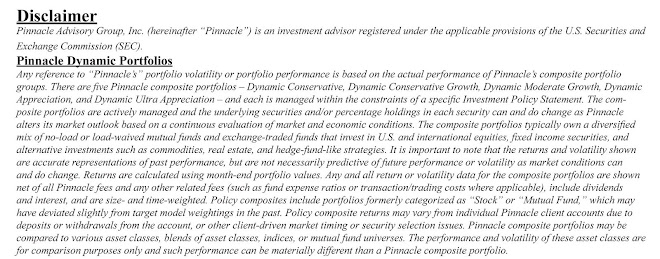ETFs are designed to passively track an index, and many indexes are weighted by the market capitalization of the underlying stocks. All that means is that the largest stocks receive the largest weight in the index, proportional to their size relative to the size of the other companies. One of the downsides of this method that we’ve occasionally come across is that sometimes there might be one or two enormous companies in a particular sector or industry that receive an outsized weight in the index, meaning that the performance of that ETF is largely driven by the performance of a particular stock, basically defeating the purpose of owning a diversified ETF.
So, some ETF providers have solved this problem by offering equal-weighted ETFs. As the name implies, they simply take all of the members of an index give them the same weighting. The biggest difference is that this effectively reduces the weight of larger companies and raises the weight of smaller companies compared to a cap-weighted ETF, meaning that equal-weighted ETFs tend to have a smaller-cap bias. Since the market values of the companies fluctuate from day to day, causing them to drift from their equal weighting, they’re typically rebalanced back to the proper weighting on a quarterly basis.
Ultimately, investors should realize that not all ETFs were created equal, and there can be important biases built in to supposedly passive index products that they should be aware of, since they can have important performance ramifications.


